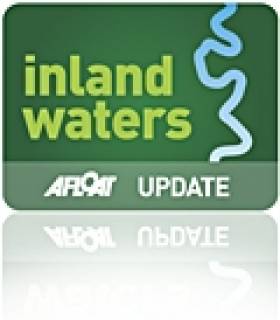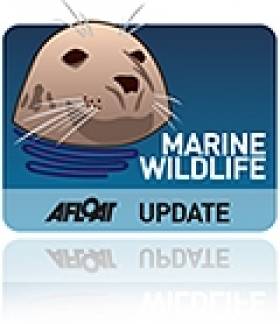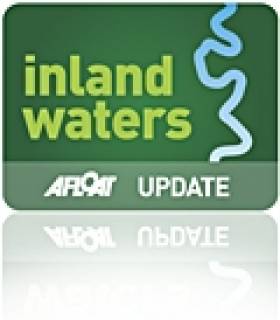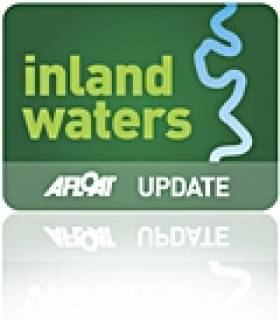Displaying items by tag: NIEA
Environment Award for NI Angling Club
#INLAND WATERWAYS - The Tyrone Times reports that Clogher and District Angling Club has been awarded £1,000 (€1,196) by the Northern Ireland Environment Agency (NIEA) for an environmental project with local schools.
The Water Environment Community Awards recognised the club for its work with St McCartan's Primary School in Clogher and Augher Central Primary School to "investigate the signs and impact of pollution in the River Blackwater" over the coming months.
“Clogher and District Angling Club have demonstrated their commitment to protecting and improving their local water environment," said the NIEA's Dave Foster.
"I hope that their efforts over the next few months will inspire others to do their bit too and I would urge people to follow these projects and share what they see.”
'Rogue' Anglers May Shoot Seals Threatening NI Fish Stocks
#MARINE WILDLIFE - Northern Ireland's Green Party has warned that "rogue" anglers may shoot seals that are consuming their fish stocks unless they are relocated, the Belfast Telegraph reports.
The protected seals have been getting into the River Quoile in Co Down, allegedly by way of a damaged fish pass, and decimating the area's fish stocks - much to the consternation of local anglers.
Earlier this week Leisure Minister Carál Ní Chuilín confirmed in a response to a question from Green Party MLA Steven Agnew that department officials have requested the Rivers Agency to carry out repairs on the fish pass.
But she also said that no action can be taken to remove seals from the river "without the approval of the Northern Ireland Environment Agency", adding that her department "does not have the specialist knowledge and equipment to remove the seals".
A Green Party spokesperson described the repair work as "absolutely vital because even if the seals are safely removed from the Quoile they will only make their way back in if the fish pass is not repaired.
"And a rather worrying consideration is that a very small rogue element would be prepared to shoot the seals if a solution is not forthcoming.”
Seal shootings have been much in the news as of late, with gardaí in Waterford investigating attacks on four animals in Tramore.
NI Officials Investigate Fish Kill in Newtownabbey
#INLAND WATERWAYS - Officials at the Northern Ireland Environment Agency (NIEA) are attempting to find the source of a pollutant that resulted in a fish kill on the Threemilewater river in recent weeks.
The Newtownabbey Times reports that more than 120 trout and salmon parr have been found dead on the short stretch of river between Mossley Mill and Doagh Road in Newtownabbey, Co Antrim.
John Webster of the Threemilewater Conservation and Angling Association speculated that the pollutant may have entered the water from any of a number of pipes that flow into the waterway near the railway line at Mossley Mill.
He described the fish kill as "an absolute diasaster", especially coming as it did at the opening of the fishing season on 1 March.
The Newtownabbey Times has more on the story HERE.
Inter-Agency Response to Lough Erne Weed Invasion
A new inland waterways inter-agency response to the rising levels of invasive weed growth on Lough Erne has been launched.
The Lough Erne Invasive Species Group (LEISG) brings together Fermanagh District Council, the Northern Ireland Environment Agency (NIEA), Waterways Ireland, the UK's Departments of Culture, Arts and Leisure, and Agriculture and Rural Development, among others, to tackle the threat posed by the invasive Nuttall's Pondweed.
LEISG says the weed has survived the winter "in significant quantities", and the potential for its rapid spread poses a serious concern for tourism and leisure on Co Fermanagh.
The group has recommended harvesting and weed-cutting as the most effective method to control Nuttall's Pondweed where it may interfere with main channels and access to public amenities.
Management of water levels has also been identified as playing a role in future control of the weed.
Anyone wishing to assist in weed-cutting must contract the NIEA through www.nidirect.gov.uk for permission. More information on invasive species is available at www.invasivespeciesireland.com.
































































